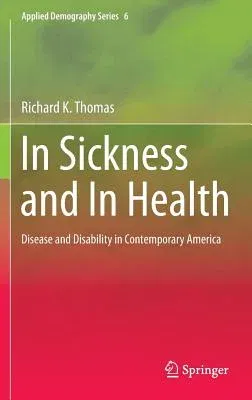The increasing importance of sickness and disability data across
health-related disciplines is the focus of this concise but
comprehensive resource. It reviews the basics of morbidity at the
population level by defining core concepts, analyzing why morbidity has
overtaken mortality as central to demographic study, and surveying ways
these data are generated, accessed, and measured. Subsequent chapters
demonstrate how this knowledge can be used to better understand--and
potentially solve--critical public health issues, benefitting not only
populations served, but also areas such as health services planning,
resource allocation, and health policy-setting.
To make this material useful to the most readers, this reference:
- Explains why and how morbidity data are categorized by health
professionals and other data users.
- Examines various methods of identifying and measuring morbidity data.
- Identifies demographic and non-demographic factors associated with
morbidity.
- Describes and evaluates sources of U.S. morbidity data.
- Reviews the current state of morbidity in the U.S., and what it means
for healthcare and society in general.
- Suggests future uses of morbidity data in reducing health disparities
and improving population health.
In Sickness and In Health is uniquely relevant to demographers
and demography students, public health professionals, and
epidemiologists. Its presentation of concepts and applications makes the
book a valuable classroom text and a useful guide for those addressing
challenges facing U.S. healthcare.

